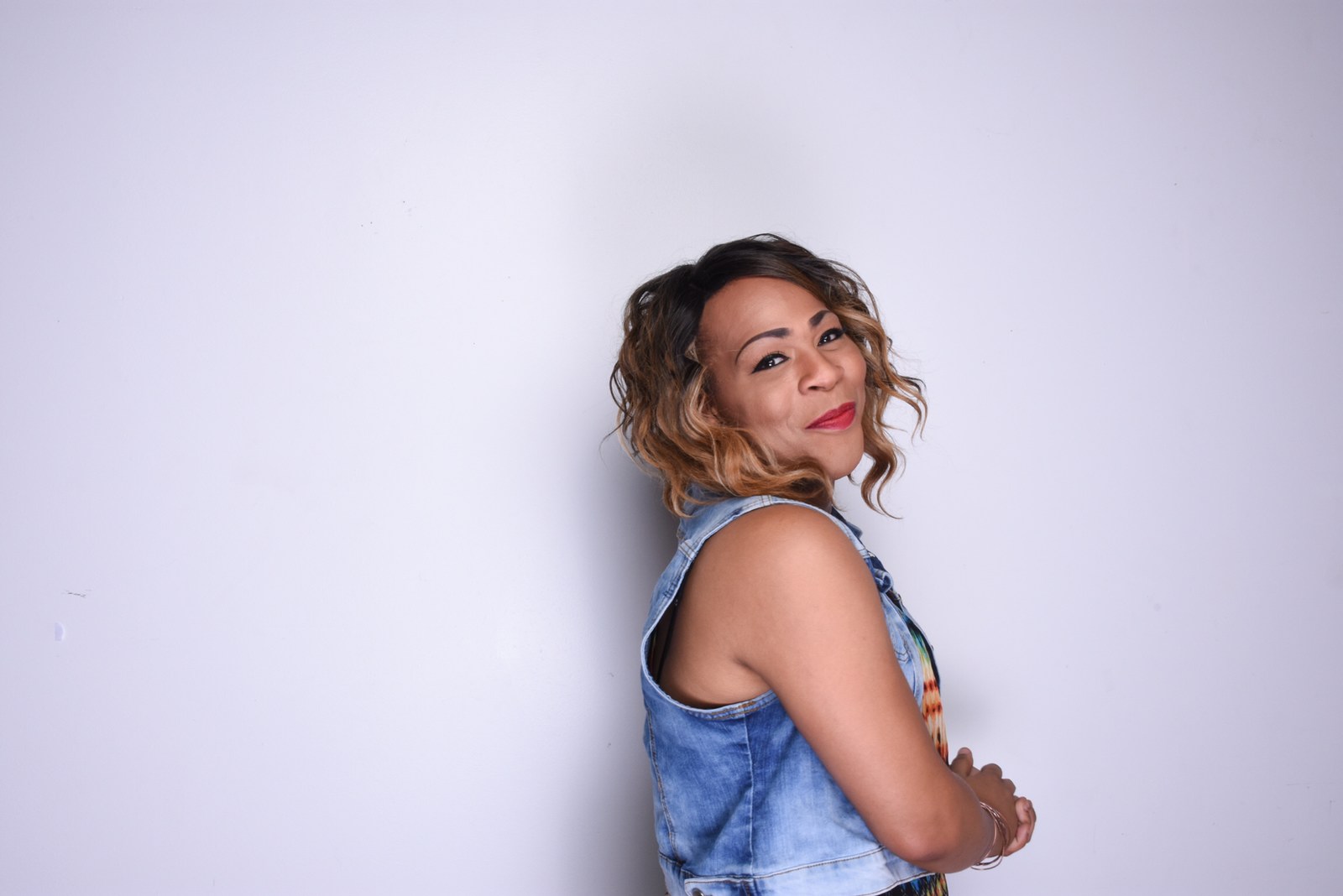“When you live in a world that doesn’t want us, it’s a long fight to become visible and bring awareness so that everyone can embrace each other,” said Jasmine Davis.
New Orleans — one of the sites of our second Positively Trans needs assessment — is a thriving city for trans people, but also can be a violent one. In the second month of 2017, two Black trans women were killed in the span of 48 hours. Their names were Chyna Gibson and Ciara McElveen.
That is why Jasmine Davis’s work is so crucial. A 41-year-old trans advocate from New Orleans, Jasmine works with Crescent Care as a prevention navigator for people living with HIV. As a local partner of Positively Trans, she helped gather the responses for the needs assessment, the findings of which illuminate the conditions of life for trans people living with HIV in New Orleans.
Among the key findings: a staggering 95 percent of respondents experienced discrimination at work for being trans or gender nonconforming. And 84 percent dealt with discrimination while searching for housing. The third most pressing issue was that 77 percent of respondents faced discrimination related to their HIV status. What may be surprising to some is that the top health concern among respondents was having adequate dental care, which is something that many may take for granted.
The reality for trans people living with HIV is that they can’t access life-saving care if they face barriers in obtaining resources like housing and employment. As Jasmine aptly explains: “You can’t concentrate on your health if you’re worried about where you’re going to sleep or whether you’ll have any kind of income. If those things were addressed, the way that healthcare looks to our community will change.” Jasmine also works with Rainbow Friends, a group addressing homelessness in Louisiana, and Southern Organizers Academy, which is a coalition that trains people in the South to develop the skills to advocate for their communities.
While resources for trans communities are aggregated in the West Coast and East Coast, the South is so often left behind. But more trans people reside in the South than any other area of the U.S. Jasmine Davis hopes to use the work done in coastal regions as a blueprint for the work she’s building in New Orleans.
What she hopes for most in the trans community is for us to be seen. “Visibility is the first step for me. What I need is for the community to be in the room, be seen, and stop allowing people to speak for us. I’m going to make sure we can be present and engage.”

